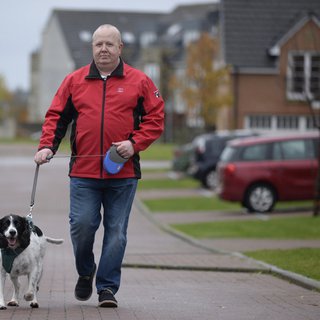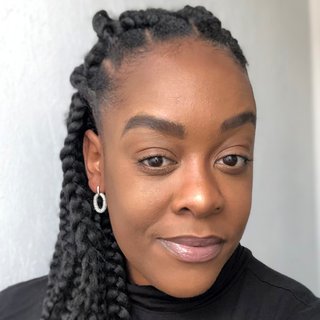How to keep your positivity during treatment
With blood cancer, everyone is on their own journey. But most agree that having goals is important for getting through the tough times. Here, Graeme shares how he found purpose and goals to keep him going, even at his lowest point.
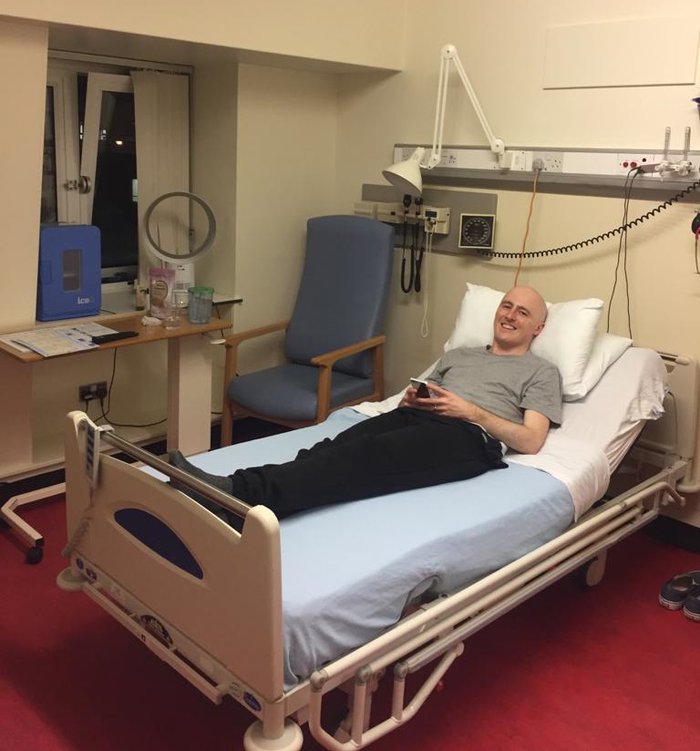
In 2022, I celebrated what I call my fourth birthday - four years since my transplant, since I became cancer-free. Four years since I got my life back.
But, of course, there were times when it was hard to imagine being here, happy and healthy and enjoying my life again.
When I was first diagnosed with AML, I wanted to know every single detail - what the blood counts meant, the names of the drugs, why I was having those particular ones, how treatment was affecting my blood counts. I was very analytical, and I became quite fascinated with my body and the science/biology of it all.
I think we want to know all the detail, because understanding the blood counts and what is happening makes us feel slightly less out of control.
When you’ve got AML, one of your number one questions is - what do I need to do in order to beat this? What can be done, and how can I help it along?
This is where most of my goals came from. Doctors told me that even the smallest exercises in my hospital room would help, so I made a goal to do 30 ‘sit-to-stands’ each day - I actually ended up increasing this over time too.
I had a very sore mouth from the treatment, so when I was given a mouthwash for this, which can be used up to 20 times a day, I made sure to use the full 20 doses! Even with the moisturiser they recommended to look after my skin, I had a goal to put that on a certain number of times a day.
If there was ever anything mentioned that could help me, I would do it. Maybe that’s my competitive side, or my need to feel in control, but that’s what got me through.
I also found purpose through my family. We’ve lost quite a few people to cancer in my family. I lost my uncle Andy to cancer not long before my own diagnosis, and I’m really close to his sons. So, it was a driver for me to buck the trend for them - to be a beacon of something different. That was my focus during treatment.
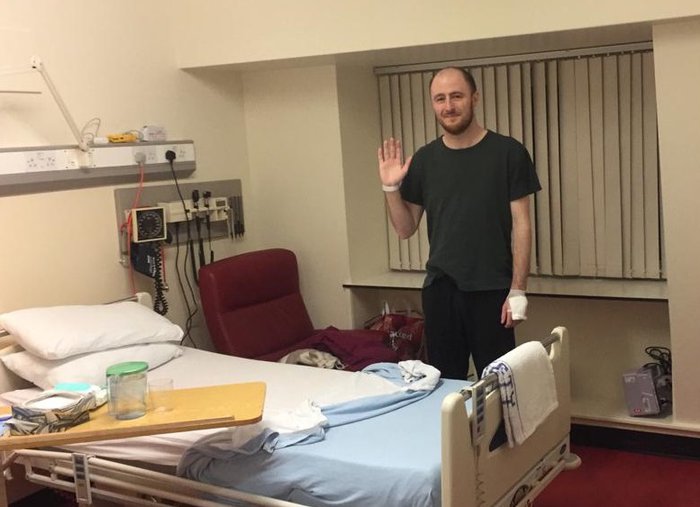
But how can you stay positive when you’re going through this gruelling treatment, and everywhere you turn there’s a new side effect, or a new bit of information from the doctors that gives cause for concern?
Well, me and my wife both got fixated on watching positive videos and success stories of other people with AML. We wanted to see real people at the other end of this road - we wanted to see the living proof that it can be done. This definitely spurred me on - I was hungry for it, seeking it out.
AML success rate statistics - I wasn’t interested in them, because they didn’t help me. I was going to get through this, and I was going to do it my way. Other people’s success stories were much more helpful in making me believe I could do it.
The other big thing I did, to change my own perspective, was to really fight this narrative in my head that the chemo was some sort of poison, that the treatment was the enemy. It’s the cancer that’s the enemy. Chemo is your medicine.
It’s known for being a mix of really heavy drugs, toxic, it’s seen as bad for your body - but it’s actually good for your body if it works! Chemotherapy is a scary word, but it’s actually brilliant, even lifesaving.
When I was having really bad rigours, and my legs were shaking so much, my doctor said ‘just think what it’s doing to the leukaemia - your chance of relapse is now lower because of this drug.
Of course, nobody can completely control the outcome of their treatment, but we can have some control over how we choose to look at things.
For example, can you feel proud of yourself? When you have AML, you might find yourself doing all sorts of medical things that you never even knew existed before, like looking after your PICC line or dealing with the side effects. It’s daunting, handling all this with no medical knowledge, so you should recognise your strength.
I feel proud now. Proud to be on the other side, to be an advocate for the NHS, of sharing my story to help other people. Knowing I have this strength within me, I think this will stick with me forever, and help me through life. All I want now is to spend my life smiling and enjoying my days with my family.
To anyone reading this who is at the start of their AML journey, I really hope you can see that life can be great again, and you have the strength within you to get there.
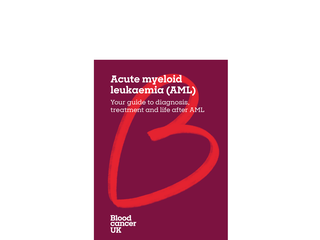
Order your free guide to AML
If you've been told you have AML, this booklet covers treatments, questions to ask your medical team, and real stories of people living with AML.

